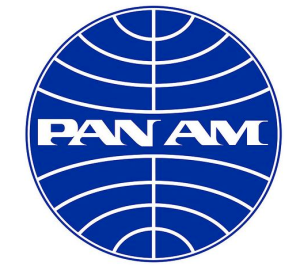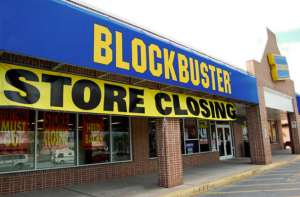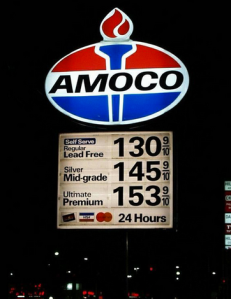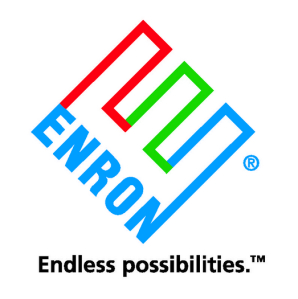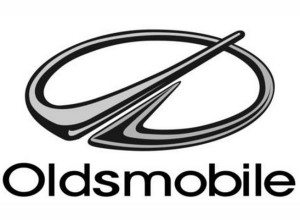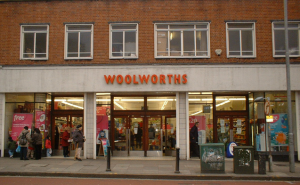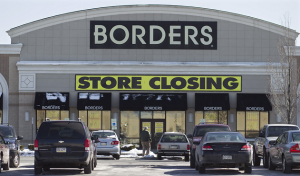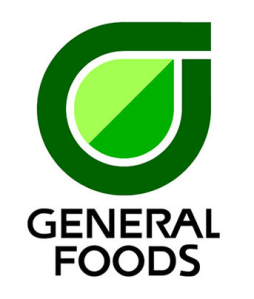Back in the late 1990s and early 2000s, the Finnish tech company Nokia made the hottest cell phone out there. They became a global technology powerhouse, as people from Tokyo to New York were clamoring for the company’s cell phones. But soon, Nokia will be no more; Microsoft has announced that they’ll be phasing out the Nokia brand that they recently acquired in order to focus on the Lumia phone line. With a simple name switch, a 147 year-old company, which helped create the mobile phone as we know it, will cease to exist. However, Nokia isn’t the only well-known company to go away. I recently came across an article discussing some of the well-known brands that have gone the way of the dodo, some of them in very recent memory.
Back in 1927, Pan Am was founded in Key West to carry mail between the US and Cuba. The company grew to serve Central and South America as the US’ unofficial airline, augmented by an increased interest in air travel after World War II. After a golden age in the 1960s and 70s, however, the reign of Pan Am came to an end, due to such factors as the 1988 terrorist bombing of Pan Am Flight 103 and a jump in fuel prices caused by the Gulf War. In January 1991, Pan Am filed for bankruptcy, closing shop in December of that year.
In 2000, Reed Hastings (better known as the founder of Netflix) approached Blockbuster with a partnership proposal. At the time, Blockbuster was at the top of the video rental market, so they turned down Hastings’ offer. Shortly afterward, Blockbuster’s business began to falter, declaring bankruptcy in 2010. Netflix, on the other hand, thrived. Internet-based services such as Netflix continued to grow their business until one such service, Dish Network Corp, acquired Blockbuster in 2011 and closed the last of their retail stores in the US by early 2014.
In 1910, the company Amoco was formed after the Standard Oil Company acquired the American Oil Company. Amoco went on to revolutionize the gas station in America, introducing such concepts as the metered gas pump, the drive-through gas station and the tanker trucks used to refill them. They were soon a mainstay of American life, dotting highways across the country. Back in 1998, Amoco announced that it was merging with BP in one of the largest takeovers of a US company by a foreign corporation. Amoco was originally meant to stay open in the US, but BP ultimately changed their mind and announced that all Amoco stations would be rebranded as BP.
In the late 1990s, Enron cultivated a reputation as an innovative energy and commodities company that was causing a massive stir in both industries. They carved out whole new categories for commodities, including Internet bandwidth and weather futures to make money where nobody ever had before. However, this all came to an end when it was discovered that Enron had been hiding losses and huge debts in a vast array of shell corporations and phony partnerships. In 2001, Enron declared bankruptcy, and an ensuing investigation revealed a massive fraud; Enron’s auditing firm, Arthur Andersen ended up closing shop as CPAs in 2002 after they were found guilty of criminal charges for their involvement in the Enron cover up.
After its founding in 1897, Oldsmobile became a true American icon for over a century. Over the course of its time as a company, 35 million units were sold and its Cutlass and Cutlass Supreme models became some of the most recognizable cars coming out of Michigan. Oldsmobile sold over 1 million vehicles every year during the 1980s, but its sales began to take a nosedive in the following decade. By the time their centennial came around, it was clear that the Oldsmobile brand wouldn’t be able to compete with smaller and more fuel-efficient cars from competitors like Hyundai, Toyota and Honda. In 2000, GM announced that they would be phasing out the Oldsmobile brand, with the last Oldsmobile rolling off the assembly line in April 2004.
When Frank Woolworth first opened the Great 5 Cents store in Utica, NY in 1879, he changed the way that people shopped; his stores sold everything, from groceries to hardware to books, under one roof, paving the way for a future of other such stores (the most famous of which is Wal-Mart). For much of the 117 years that it was in business, Woolworth’s dominated the discount market, pioneering retail marketing practices that are still in effect today. However, business started to decline in the 1980s and in 1987, the Woolworth Corporation announced that it was closing the last 400 of its shops.
Back in 1971, brothers Tom and Louis Borders founded Borders bookstore in 1971, and their business began to grow dramatically as the built more and more locations. Then in 1992, the brothers sold the chain to Kmart, who spun off the brand along with another of their book brands, Waldenbooks, and the company began to expand throughout the 1990s and 2000s. However, the store was ultimately not able to compete with the rise of the Internet, technological advances in e-readers and digital music and online retailers such as Amazon. The company’s original store in Ann Arbor closed shop in 2011, with the company declaring bankruptcy. In the aftermath of their bankruptcy, Barnes & Noble acquired the brand’s trademarks and customer list, and web searches for Borders are now directed to the Barnes & Noble website.
Postum Cereal Company was originally founded in 1896, but in 1929 changed its name to General Foods after they started to move beyond just cereal. For decades, General Foods grew steadily, acquiring such products as Kool-Aid, Tang, Jell-O, Bird’s Eye Frozen Foods, the Burger Chef restaurant chain, Bird’s Eye frozen foods and Oscar Mayer. But in 1985, the tables were turned after General Foods was acquired by Philip Morris. After acquiring Kraft three years later, the two food companies merged and spun off in 2007 as Kraft General Foods.
